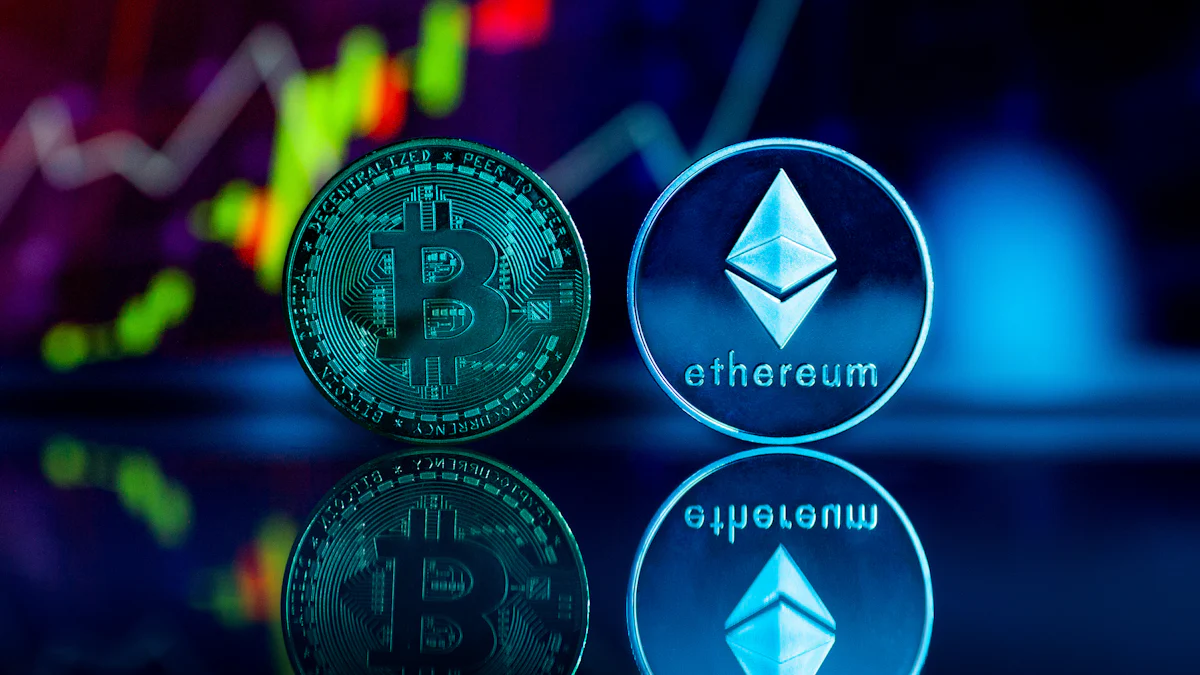The Potential of Decentralized Networks in Modern Society
 The Potential of Decentralized Networks in Modern Society
The Potential of Decentralized Networks in Modern Society
Unleashing Decentralized Potential
Decentralized networks, such as blockchain technology and peer-to-peer communication, hold the capability to completely transform modern society. These distributed systems offer a new approach to organizing and sharing information, disrupting traditional centralized models. By leveraging decentralized networks, we have the potential to create more transparent, secure, and inclusive systems that can reshape governance, social interactions, communication, and identity management. The impact of these decentralized systems is far-reaching and has the power to revolutionize how we operate in the digital age.
Empowering Governance
Transparent Governance
- Blockchain technology facilitates a transparent and tamper-proof approach to governance, ensuring that records and transactions are securely stored and easily accessible. This enables a higher level of accountability and reduces the potential for fraudulent activities within decentralized governance systems.
Democratic Decision-Making
- Decentralized networks empower individuals to actively engage in decision-making processes, fostering a more inclusive and democratic approach to governance. Through the use of smart contracts on blockchain networks, decisions can be automated and enforced, ensuring that the collective voice of participants is effectively represented in the decision-making process.
Decentralized governance: "The use of blockchain technology ensures transparency and integrity in governance, providing a robust foundation for democratic decision-making."
Social Evolution
Community Empowerment
Distributed community platforms empower users to actively engage in community-driven interactions and content sharing, fostering a sense of ownership and participation within the network.
Users experience a shift towards more control over their data and interactions in decentralized social platforms, promoting a collaborative and user-centric environment.
Trust and Security
Decentralized social networks play a pivotal role in enhancing trust and security by minimizing the risks associated with centralized data breaches.
Blockchain-based social networks provide transparent and secure communication channels, ensuring that users can interact with confidence while maintaining control over their personal information.
Trust in decentralized social networks: "The distributed nature of decentralized social networks offers enhanced trust and security, providing users with greater control over their interactions and data."
P2P Communication Impact
Direct Interactions
- Peer-to-Peer (P2P) communication facilitates direct and secure interactions between individuals, allowing for seamless exchange of information without the need for intermediaries. This direct mode of communication not only enhances privacy but also reduces the potential for third-party intervention or data breaches.
Global Connectivity
- The decentralized nature of P2P communication enables global connectivity without relying on centralized infrastructure. This means that individuals can connect and communicate across geographical boundaries without being dependent on a single point of control. Decentralized communication protocols ensure privacy and resilience in global interactions, offering a more robust and secure method of engaging with others worldwide.
Identity Revolution
In the era of decentralized networks, the concept of identity management is undergoing a revolutionary transformation. Decentralized identity systems are empowering individuals to take control of their digital identities in ways that were previously not possible. This shift towards self-sovereign identity is reshaping how we perceive and manage our personal information in the digital realm.
Self-Sovereign Identity
With decentralized identity systems, individuals have the unprecedented ability to control and manage their digital identities autonomously. This means that users can assert ownership over their personal data and determine how it is accessed and utilized within various online platforms.
Blockchain-based identity solutions play a pivotal role in offering secure and portable identity verification. By leveraging the inherent security features of blockchain technology, these solutions ensure that individuals can securely verify their identities across different applications and services without compromising sensitive information.
Self-sovereign identity: "Decentralized identity systems empower individuals by granting them full control over their digital identities, fostering a new era of autonomy and security."
Data Privacy
The prioritization of data privacy within decentralized identity systems is paramount. These innovative systems place a strong emphasis on consent management, ensuring that users have granular control over who can access their personal information and under what circumstances.
Users can securely authenticate and authorize access to their personal information within decentralized identity networks, knowing that their data remains protected from unauthorized usage or exploitation.
This paradigm shift towards decentralized identity management signifies a fundamental change in how individuals interact with and safeguard their digital identities.
Embracing Decentralized Future
As we look ahead, it becomes increasingly evident that understanding the profound impact of decentralized networks is crucial for embracing a future where peer-to-peer connections and distributed systems will play a central role in shaping our society. The shift towards decentralized governance, social interactions, communication, and identity management signifies a fundamental transformation in how we operate within the digital landscape. Embracing this decentralized future entails adapting to innovative models that prioritize transparency, security, and inclusivity, ultimately paving the way for a more interconnected and empowered global community.
